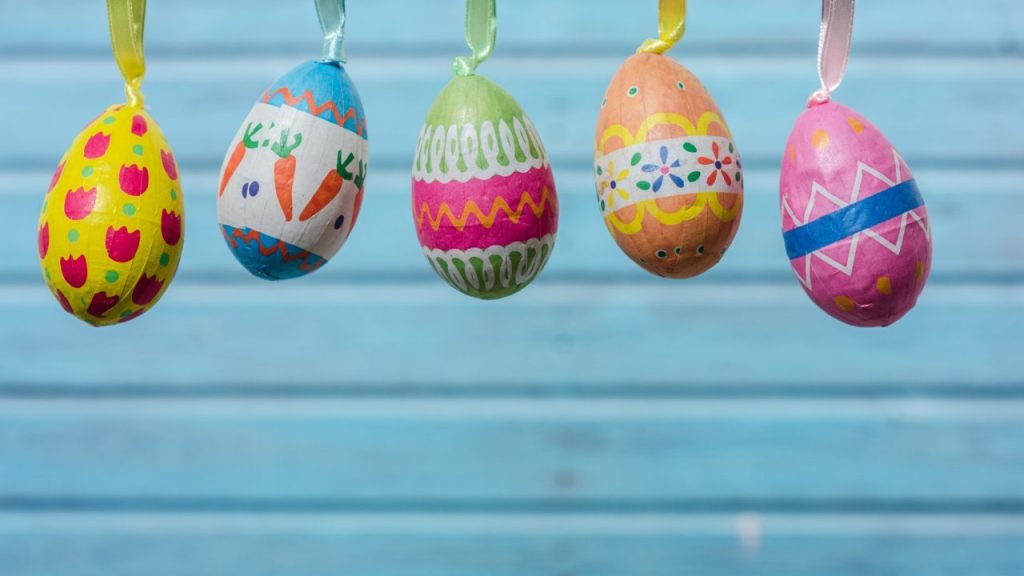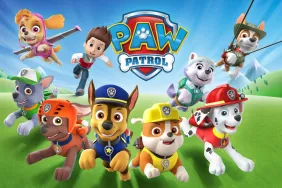Easter egg hunts are a beloved tradition for many families in the spring season. However, the excessive use of plastic eggs and cheap trinkets can also contribute to environmental waste. Fortunately, there are plenty of ways to plan an eco-friendly Easter egg hunt that is both fun and sustainable. We’re going to share some tips and tricks for hosting an eco-friendly Easter egg hunt.
Choose sustainable eggs
The first step in planning an eco-friendly Easter egg hunt is to choose sustainable eggs. Traditional plastic eggs may be inexpensive and easy to find but they’re rotten for the planet. Instead, consider using eco-friendly alternatives such as wooden or paper mache eggs. These options are biodegradable and can be easily composted after your egg hunt.
If you prefer plastic eggs, opt for those made from recycled materials. You can also reuse plastic eggs from previous years to reduce waste. Another option is to use natural materials such as real eggs or eggshells. These can be decorated with non-toxic paint or markers and then composted or used in cooking after the egg hunt.
Find environmentally-friendly fillers
The next step in planning an eco-friendly Easter egg hunt is to choose sustainable fillers. Avoid single-use plastic toys or candy with excessive packaging. Instead, opt for eco-friendly alternatives such as organic candy or fruit snacks. You can also fill eggs with small toys or trinkets made from sustainable materials such as wood or bamboo.
Another option is to skip the fillers and create an egg scavenger hunt. Instead of filling eggs with prizes, create clues or riddles that lead to the location of the next egg. This option is not only eco-friendly, but it also encourages problem-solving skills and teamwork.
More ideas for an eco-friendly Easter
Consider making all your Easter festivities sustainable. Use reusable bags or baskets for collecting eggs instead of plastic bags. Provide biodegradable or reusable plates, cups, and utensils instead of disposable ones. Use natural decorations such as flowers, plants, or recycled materials instead of single-use decorations. Encourage guests to carpool or use public transportation to reduce carbon emissions. You can also incorporate a recycling or composting station at the event to encourage guests to dispose of waste properly.
Hop to it!
Hosting an eco-friendly Easter egg hunt is easy and fun. Choosing sustainable eggs and environmentally-friendly fillers as well as hosting an eco-friendly event can reduce waste and promote environmental awareness. Not only will you be doing your part for the planet (and ensuring it will be around for many more Easters to come), but you’ll also be creating a memorable experience for your family and friends. So, go ahead and plan an eco-friendly Easter egg hunt this year! Hop to it!
This article was written in collaboration with ChatGPT.








